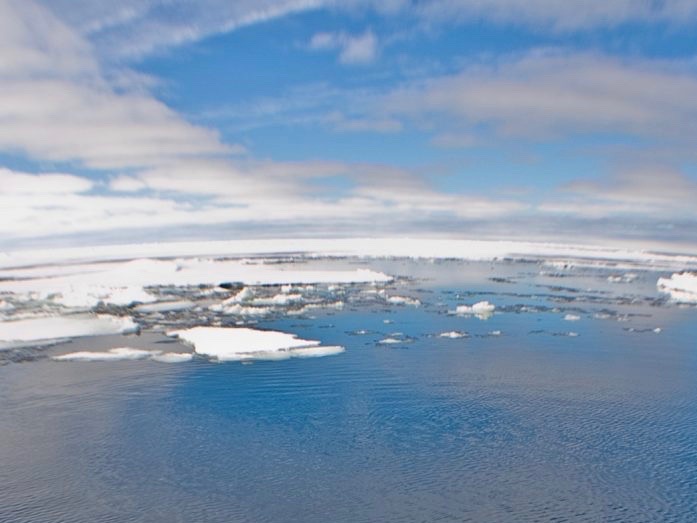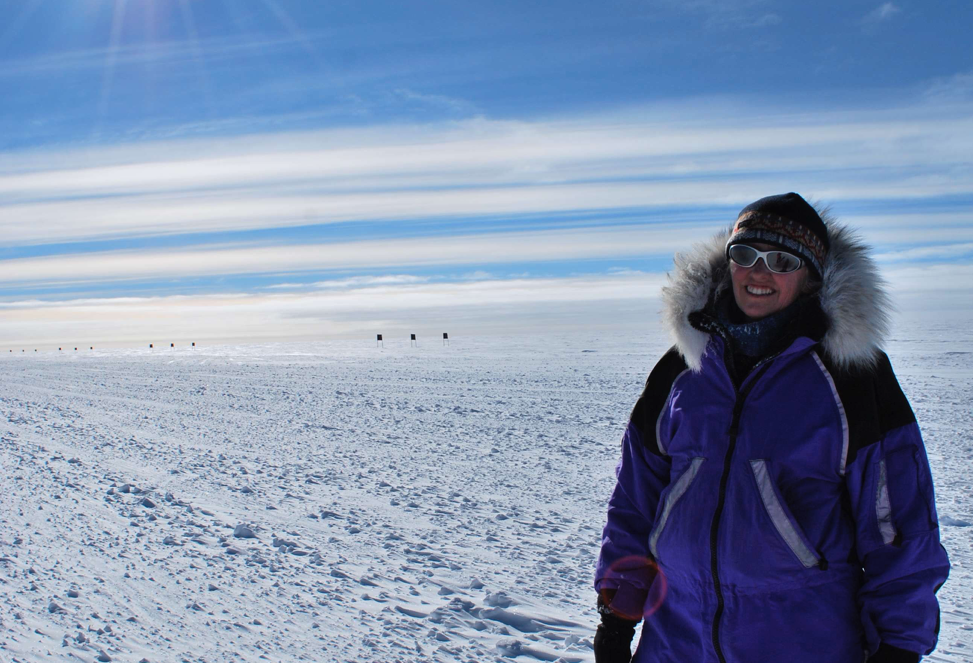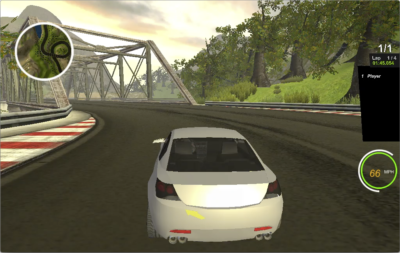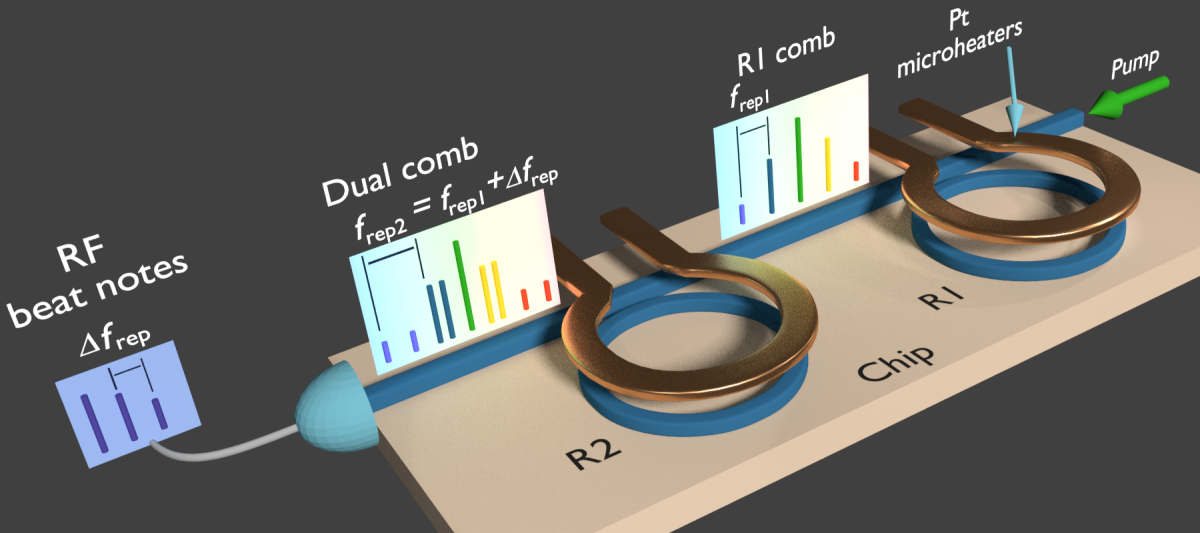March 13, 2018
North Atlantic Is Getting Less Salty, But It’s Too Soon to Blame Climate Change
Researchers report a sharp drop in salinity in the North Atlantic Ocean over the last decade, providing the most detailed look yet at changing ocean conditions in the region.
March 13, 2018
Siyuan Chen PhD’18: Earth-Shaking Insights
Mechanical engineer Siyuan Chen PhD’18 is on a quest for “the holy grail of geology”—the ability to reliably predict earthquakes and empower communities around the world to prepare for the onset of seismic activity.
March 12, 2018
Climate Change May Be Hazardous to Your Health
The World Health Organization projects that from 2030 to 2050, climate change impacts will cause 250,000 more deaths globally each year, mainly from malnutrition, malaria, diarrhea, and heat stress.
March 8, 2018
Wonder Woman: Lamont Polar Pioneer Robin Bell
Robin Bell, a Columbia polar scientist, is proof of the importance of encouraging young women to study STEM disciplines. Her breakthrough research, fueled by passionate intellectual curiosity, has been critical to understanding our planet.
March 6, 2018
For Blind Gamers, Equal Access to Racing Video Games
The RAD, an audio-based interface that can easily be integrated into existing video games, enables people who are visually impaired to play video games with the same speed and control as sighted players, with full 3D graphics and complex, challenging racetracks.
March 2, 2018
Crowdsourced Family Tree Yields New Insights about Humanity
From millions of interconnected online genealogy profiles, researchers have amassed the largest, scientifically-vetted family tree to date, which at 13 million people, is slightly bigger than a nation the size of Cuba or Belgium.
March 2, 2018
Dual Frequency Comb Generated on a Single Chip Using a Single Laser
Columbia engineers are the first to miniaturize dual-frequency combs by putting two frequency comb generators on a single millimeter-sized silicon-based chip — work that could lead to low-cost, real-time portable sensing and spectroscopy in the field.







